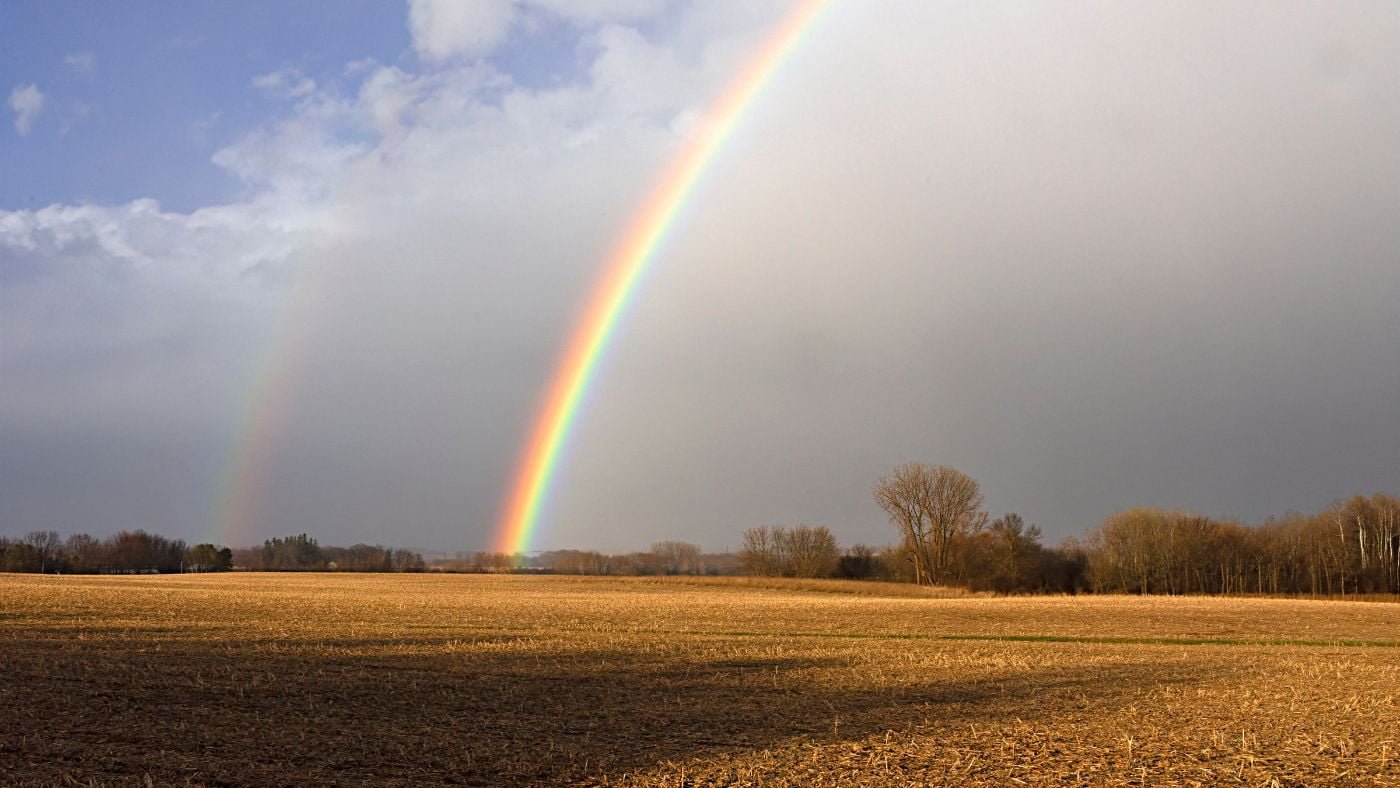Did you know that climate change is not only affecting our planet, but it’s also affecting our mental health (IN A BIG WAY)? It’s fair to feel overwhelmed knowing how often natural disasters occur. However, other factors that can leave us feeling depressed and hopeless include things like deforestation, water pollution, and the loss of biodiversity. Moreover, thousands of people are left homeless, forcing them to relocate and seek refuge elsewhere due to climate-related issues like droughts and increasing sea levels, which can exacerbate anxiety and despair.
There is no doubt that climate change is deeply affecting our well-being. But have you ever stopped to think about how the environment can help improve our mental health? Yes! It turns out that our environment is the most powerful (AND FREE) tool for better mental health and well-being. Let’s dive into some of the most common, yet effective practices for connecting with the environment for mental well-being:
Identify Eco-Anxiety

Eco-anxiety is a relatively new term used to describe the feeling of helplessness, dread, or hopelessness about the future of our planet. Always remember that this is very normal to feel daunted by the intensity of climate events, but we can take definitely act on it. Feeling helpless or despondent, having difficulties sleeping, experiencing changes in appetite, and feeling tense or irritated are some typical signs of eco-anxiety. Also, you might discover that you’re preoccupied with thoughts of global warming or a sense of impending doom. If you or any of your friends and family are experiencing these symptoms, it’s important to take care of them by seeking support from loved ones, practicing self-care, and seeking professional help if needed. Remember, you’re not alone in feeling this way, and it’s okay to ask for help.
Practice Eco-therapy
Just as the term suggests, eco-therapy refers to connecting with nature to promote mental and emotional well-being. One of the simplest and most effective things we can do is practice self-care. This can be literally anything! Taking time for ourselves to sleep, eat well, meditate, or engage in any fun outdoor activity. And the best part? It does not cost a thing! And as suggested by many psychologists, it is important we connect with nature, be it a quick walk in the park, or enjoying the rain.

- ‘Earthing’ or ‘Grounding’: Imagine walking barefoot on green grass while enjoying the sun on a Sunday morning. Relaxing, right? But did you know there is actually a term for that? Several studies have shown that ‘earthing’ or ‘grounding’ can influence several physiological measures, including improved heart rate, respiration, and metabolism. It also normalizes our stress hormone, cortisol, which helps us function better with reduced stress and anxiety.
- Forest Bathing: If you are wondering if you really need to bathe openly in the wilderness, the answer is no. You don’t have to; unless you want to try (wink!). “Forest bathing” is simply about immersing oneself in nature to genuinely connect with the environment. It helps one’s physical and emotional health to reduce stress hormones, enhance mood, and enhance cognitive performance. According to one study, taking a forest bath can significantly reduce stress hormone cortisol levels and balance sympathetic nerve activity, which is linked to the fight-or-flight response. Hence, give spending time in nature a try if you’re seeking a natural way to improve your mental health.
- Green Exercise: We all know how physical exercises can improve our health. But did you know that exercising, particularly in nature can be great for your mental health? Yes, it’s called “green exercise” and as the term suggests it’s basically just any physical activity that takes place in natural environments like parks, forests, or mountains. Studies have shown that green exercise can improve mood, decrease stress levels, and even boost self-esteem. Plus, it’s a great way to get some fresh air and enjoy the beauty of nature while getting some exercise. Need more adventurous choices to explore? Here are some ideas for green exercise activities: hiking, walking or running in a park, doing yoga outside, or even just gardening or tending to some plants.
- Eco-Art Therapy: Simply put, “eco-art therapy” is a therapeutic approach that incorporates creativity and nature. It entails making art outdoors using random natural elements like rocks, leaves, and flowers. This practice has demonstrated benefits in lowering stress, anxiety, and depression while also enhancing general mental health. According to research, practicing environmental art therapy can boost happy feelings, lessen bad ones, and enhance overall life satisfaction. Also, this therapy can promote a sense of environmental responsibility and help people connect with nature. Considering the benefits of eco-art therapy, many therapists have adopted this practice as a healing process for their patients. So if you are looking for a creative and all-natural way to explore and improve your mental health, this is for you!
Support Mental Health Services

Supporting mental health services that concentrate on distress and trauma associated with climate change is one of the things we can do to combat climate change and care for our mental health. For anyone suffering from eco-anxiety or dealing with the fallout from natural disasters and extreme weather occurrences, these services can be a true lifesaver. We can also contribute by supporting laws that encourage renewable energy and lower greenhouse gas emissions. Consider devices like solar and wind energy systems. Also, we may support measures like erecting flood barriers or expanding tree planting programs to improve air quality that helps mitigate the effects of climate change. Educating people about how climate change affects mental health is also very essential. By discussing it with our friends and family, we can help remove the stigma associated with mental health problems caused by climate change and motivate more people to take action to protect our world and ourselves.
Building Community Support
Building and participating in community support could be an awesome way to improve both individual and community well-being. Have you ever felt a sense of belonging and being a part of something bigger than yourself? That’s exactly what community involvement can help us with. Just imagine being a part of a like-minded community group that is enthusiastic about making positive changes and building a safe environment for all. Together, we can bring about change, which will improve our mental health while giving us a sense of direction and significance in life.

Participating in community projects can also help lessen the stigma associated with mental health issues and encourage open discussion while raising awareness. For individuals who require it, this may boost access to services and help. So why not take a baby step now and find out what local community groups are available, or build one of your own? It’s important to recognize that we have the power to make a difference. By taking action to reduce our carbon footprint, promoting ecotherapy, and investing in mental health services, we can create a brighter, healthier future for ourselves and our planet.
When it comes to tackling climate change, it’s important to remember that taking action is only part of the equation. It’s totally normal to feel anxious or overwhelmed by the scope of the problem. This is why seeking professional support when necessary is just as important. There’s no shame in asking for help if you’re struggling with eco-anxiety or any other mental health challenge. Mental health professionals are trained to help you manage your feelings and develop coping strategies that work for you. And guess what, by taking care of our mental health, we’re not only improving our own well-being, but we’re also better equipped to take action on climate change. So let’s step up and take care of ourselves AND the planet!
Nawar is an Environmentalist, Researcher, and a Climate Advocate. With experience in working with the development sector, she realized her passion to take impactful action to make this world a better place with peace, equity, and sustainability.








